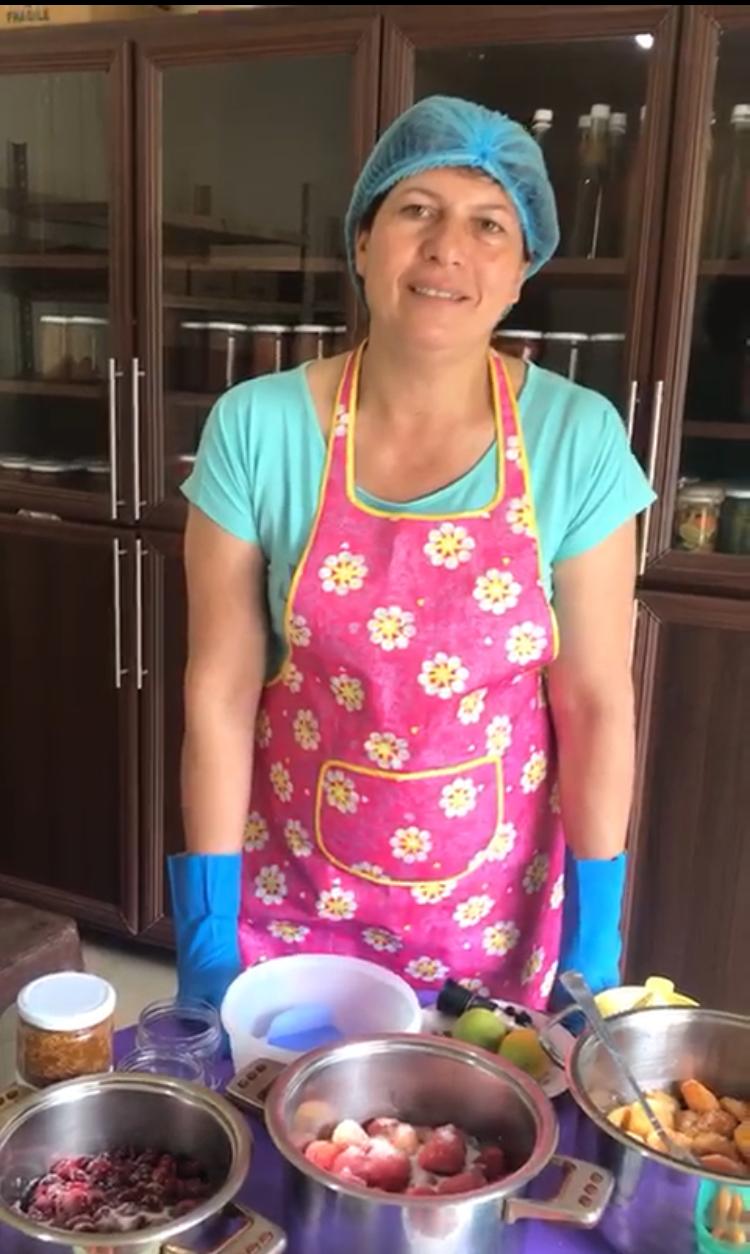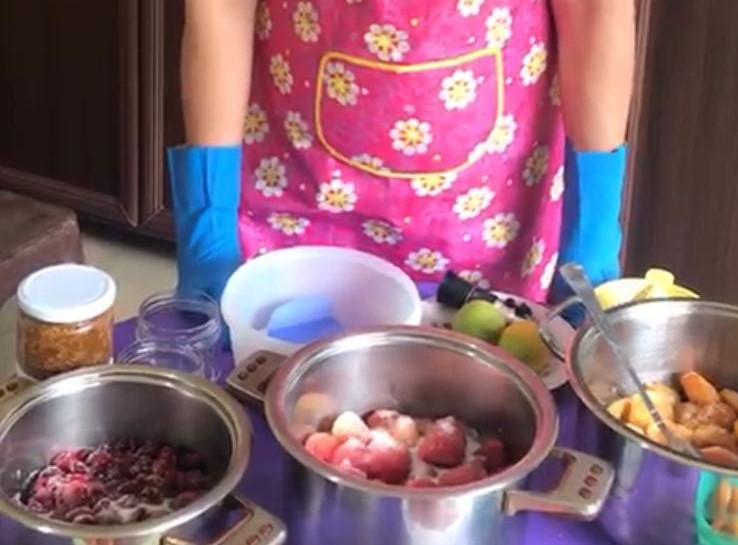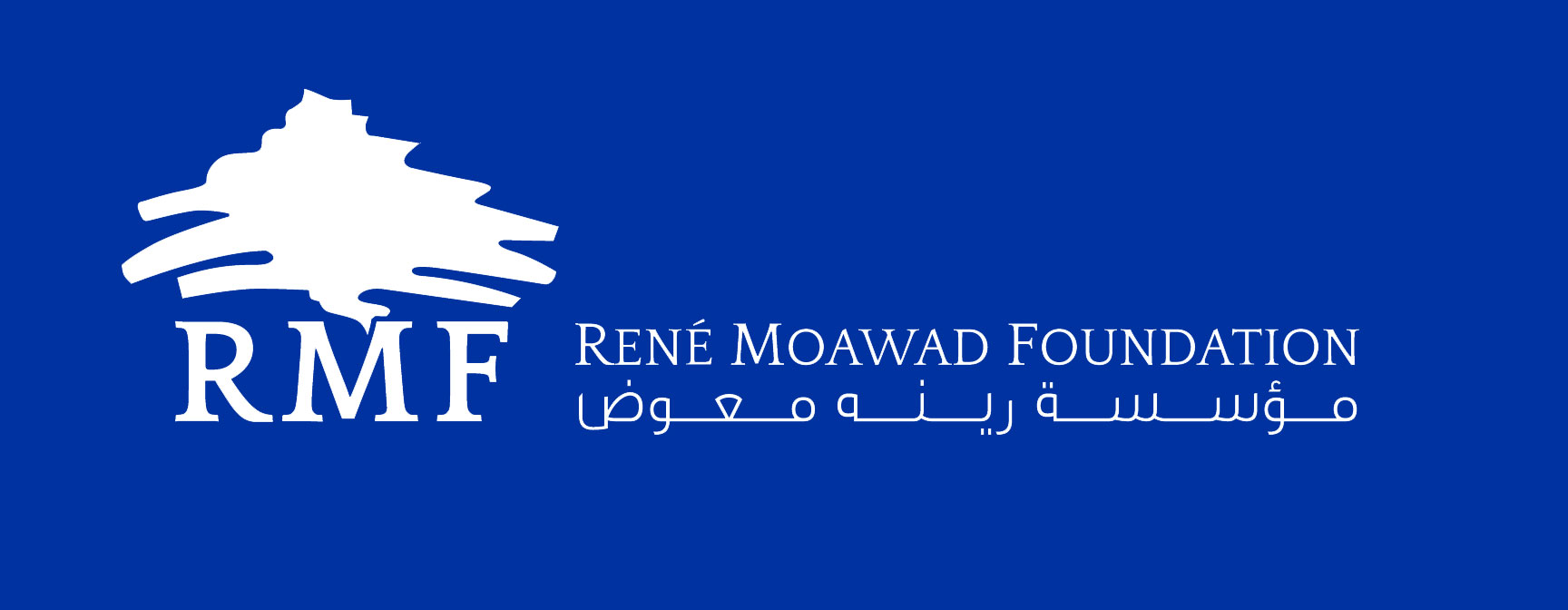As the economic situation in Lebanon worsens, income sources are becoming scarce. Women in the mountainous village of Bkassine used to produce agro-food from locally grown products to make a living.
However, this sector, which was already suffering from limited sales due to modest marketing capabilities and difficulty in sustaining optimal produce quality, has only been declining due to Lebanon’s recent socio-economic circumstances.
Thus, the USAID-assisted agro-processing center in Bkassine comes as an enormous contribution to the village, as it will help women collectively standardize and homogenize their produced jams and pickles in line with food safety and market standards, and to access new markets that increase their sales. One of the project’s beneficiaries, Mrs. Jacqueline Moussa, was quoted in an interview saying:
“I am so excited for the launch of this project that will immensely improve the lives of many of our community members, especially the women of Bkassine who will find themselves greatly empowered by the employment and market expansion opportunities that it will provide. This project will give us a chance to maintain our ability to turn in a decent individual income in these difficult times.”
Mrs. Moussa is a single mother of five, four of which are currently married, while her 16-year-old is still living with her, and depends on her income. She became widowed after her husband unfortunately lost his battle with cancer 7 years ago. She currently produces various kinds of jams and other homemade products to sell within her village of Snaya in Southern Lebanon. This earns her around 600000 to 1000000 L.B.P monthly, depending on local market demand.
Mrs. Moussa represents one of many other people who rely on similar projects to manage their struggle with Lebanon’s ever-expanding plight of poverty.



